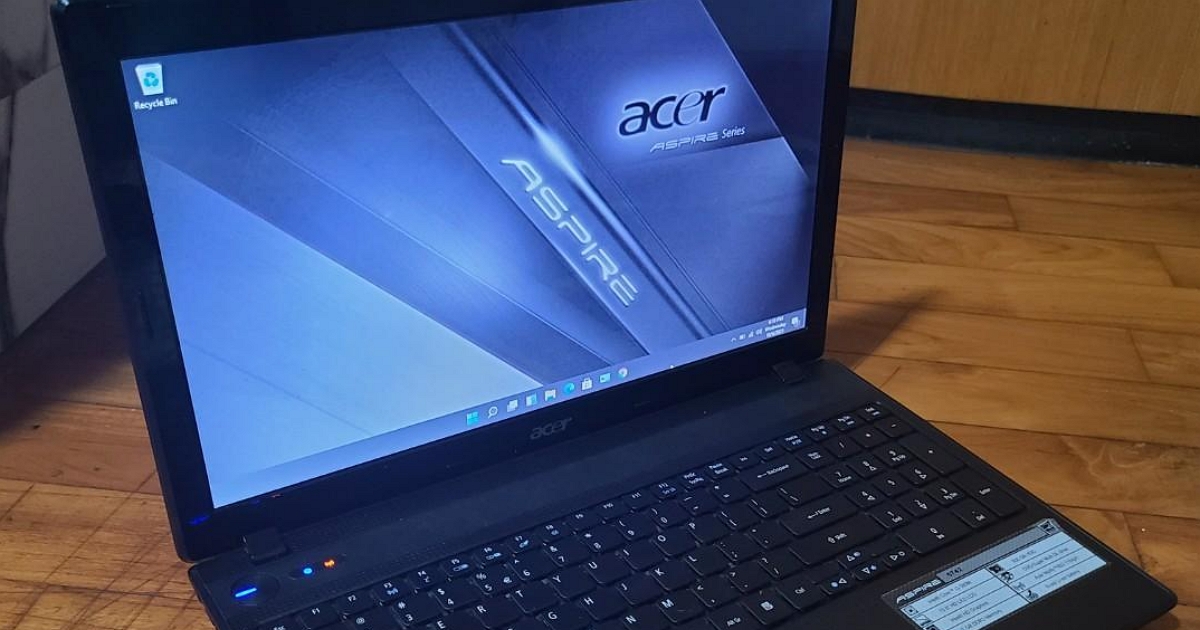It was recently found that AMD’s recently released Ryzen 7000 Zen 4 desktop CPU has performance issues when gaming on Windows 11 22H2. Interestingly, the Ryzen 9 7950X, the flagship SKU of the 7000 series, experienced a drop in performance when SMT and its two CCDs were enabled. While this may also be caused by the driver, however, the new Windows feature update is still a major suspect.
The bug that the new CPU has performance errors on the new system update isn’t surprising, but it’s ironic that a 12-year-old Intel CPU, which is clearly not on the official Windows 11 support list, has been banned. can perform the same update with new features.
A user on Reddit called “paul_is_on_reddit” replied that he found his Core i5-580M, a 2010 dual-core quad-thread CPU, which used Rufus 3.20 to bypass Windows 11 system requirements, such as TPM, etc. . , this feature was introduced in the previous 3.18 update and has since been found to work well with the 2022 update.
“Using Rufus 3.20, I can easily install Windows 11 on this Acer laptop (manufactured in 2010). My CPU is a 1st generation Intel Core i5-580M (3 MB L2, 2 cores, 4 threads, super Thread, 2.67GHz -3.2GHz turbo) I used Rufus to remove all TPM / RAM / CPU requirements and Windows 11 worked like magic.
This suggests that older hardware, which Microsoft has deliberately avoided primarily for security reasons, is almost entirely capable of running Windows 11. Ironically, however, the company would in turn recommend disabling some security features for more. gaming performance, as some of these features have long been known to cause performance degradation, even on supported CPUs.
By June, Microsoft had actually started offering 22H2 updates to users of unsupported systems, and the company soon stopped doing so, calling it a bug.


